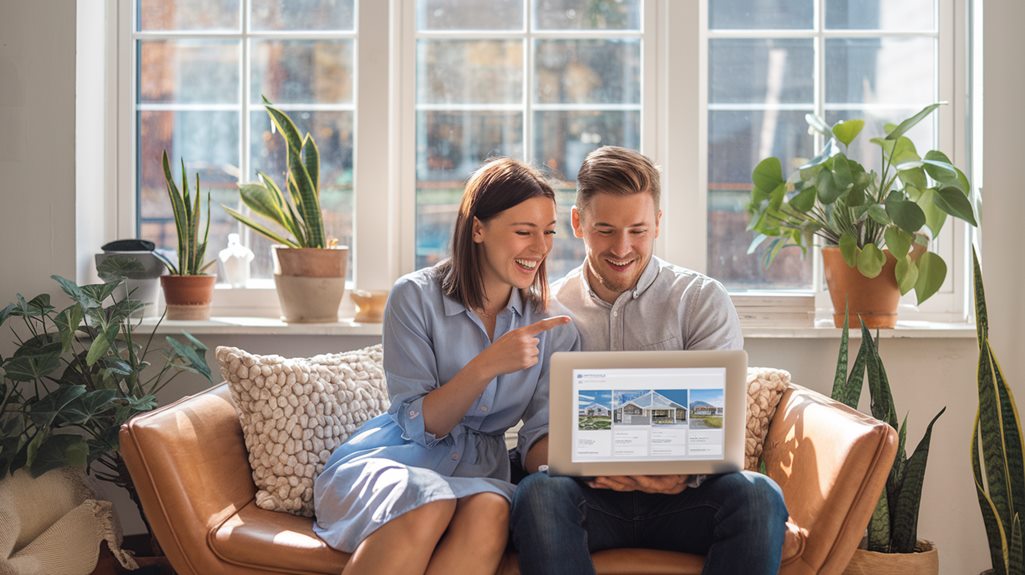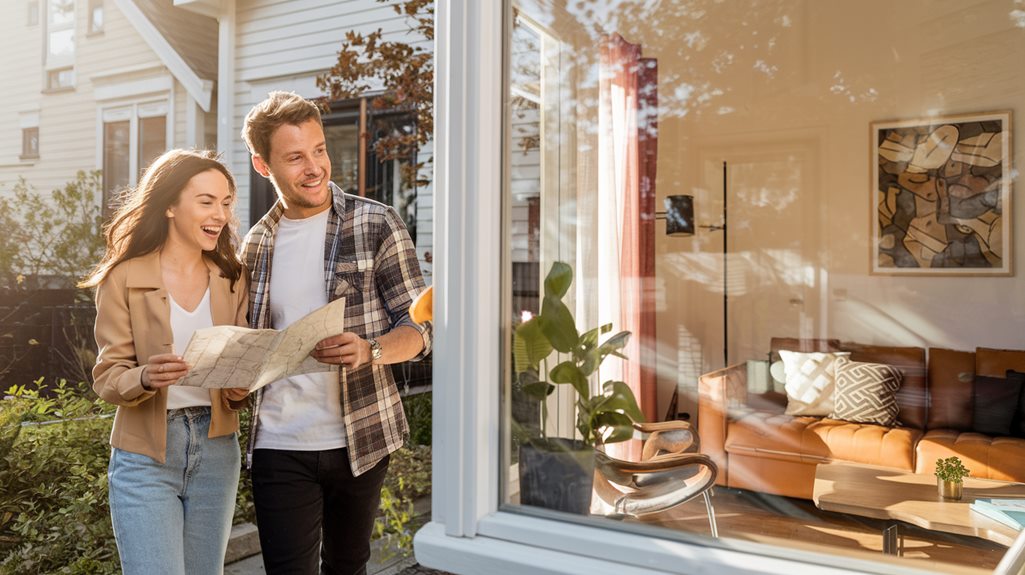Buying your first home can be exciting! Start by making a budget. Think about how much money you will need for a down payment.
Don't forget about other costs like taxes, insurance, and upkeep. These will help you keep your money in check.
Next, it's a good idea to get pre-approved for a mortgage. This means the bank will tell you how much money they can lend you. It will help you know what you can afford and make you a stronger buyer.
Remember to look at different banks and loan options to find the best deal.
Finally, learn more about the neighborhoods you like. Check out schools, parks, and shops. Talk to people who live there and visit the area at different times of the day.
This will help you see if it feels like home.
By following these steps, you will be ready to find the perfect home!
Ready to start building equity in your own Michigan home? Get your personalized home loan quote today.
Establish a Realistic Budget

When you decide to buy your first home, it's really important to make a smart budget. Start by looking at how much money you can save for a down payment. If you can pay more at the beginning, your monthly payments will be smaller. This can help you have more money for other things.
But remember, owning a home comes with extra costs. You'll need to pay for things like property taxes, insurance, and fixing things around the house. These costs can add up fast, so it's important to think about them when making your budget.
Michigan residents, unlock the door to your new home. Request your home loan quote from Treeside Financial today.
Get Pre-Approved for a Mortgage
After making a budget, the next step is to get pre-approved for a mortgage. This shows sellers you're serious about buying a home and helps you know how much you can afford. Here's how to start:
- Check Your Credit Score: Lenders look at your credit score to see if you can get a loan and what interest rate you'll get. Try to have a good score that shows you manage money well.
- Look at Loan Types: There are different kinds of loans, like FHA, VA, and conventional loans. Each one has its own benefits. Pick the one that's best for you.
- Gather Your Papers: You'll need some documents like pay stubs, tax returns, and bank statements. These show that you have a steady income and can pay back the loan.
- Talk to Different Lenders: Each lender has different rates and terms. By talking to more than one, you might find a better deal that fits your needs.
Being well-informed and ready makes the home-buying journey easier and more enjoyable!
Research the Neighborhood

Picking the right neighborhood is just as important as finding the right home. Start by looking at what the neighborhood has to offer. Do you want parks to play in, yummy restaurants to eat at, or a fun arts place? These things matter a lot for your daily life and how you feel in the community.
Even if you don't have kids, check out the local schools. Good schools can make homes more valuable and help when you want to sell later. Talk to the people who live there. They can tell you things about the neighborhood that you won't find online.
Also, try to visit the neighborhood at different times of the day. This will help you see how busy it is, how noisy it gets, and if it feels safe.
You might be closer to buying your home than you think
Take our 2-minute home buyer readiness quiz to see how prepared you really are – no credit check required.

Doing this research means you're not just buying a house; you're finding a place where you can be happy and feel at home.








